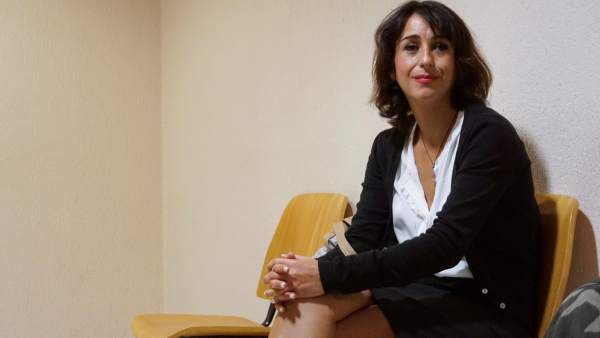Activists argue the Hague Convention on International Child Abduction is unfair to mothers fleeing abusive relationships.
Even as the U.S. prepares to push India to join the “Hague Convention” that deals with international child custody cases, during consular talks next week, the government held a series of hearings from activists demanding that it does not give in to what they called “First World pressure” on the issue.
While the government announced in November 2016 that it would not sign the convention, officials have conceded that there has been a rethink, and an “inter-ministerial process” is under way to discuss the repercussions of the convention.
Ahead of the India-U.S. Consular dialogue between officials from the Ministries of External Affairs, Women and Child Development and Home and their counterparts in Washington on September 27, a special committee heard from lawyers, women survivors and child rights activists over the weekend whether or not they should consider the Bill that would align Indian law with the international convention.
Legal provisions
“Indian law has enough provisions to accept foreign judgments and jurisdiction,” activist and lawyer Suranya Aiyar says. Several groups have been campaigning against any rethink by the government.
“The Hague Convention is circumventing the Indian system, and India can’t abdicate its responsibility to Indian parents, mostly mothers, and their young children,” she says.
Passed in 1980, the Hague Convention on International Child Abduction, which came into force in 1983, rules that in any child custody case, the court of the country where the child is a “habitual resident” will adjudicate who will get custody.
Separated parents
American officials say the problem arises when one parent is in the U.S., while the other brings the child to India (their home country) to avoid an adverse decision in the U.S. court.
“There are at least 94 such cases pending with us today, while many more simply lapse once the child turns 16,” an official told presspersons in Delhi, adding that they “will make a presentation to Indian officials about why accession to the convention is a good thing”, during the Washington meeting.
A total of ninety four countries, mostly developed nations in the Americas, Europe and Australia, are signatories to the Hague Convention so far.

No hay comentarios:
Publicar un comentario